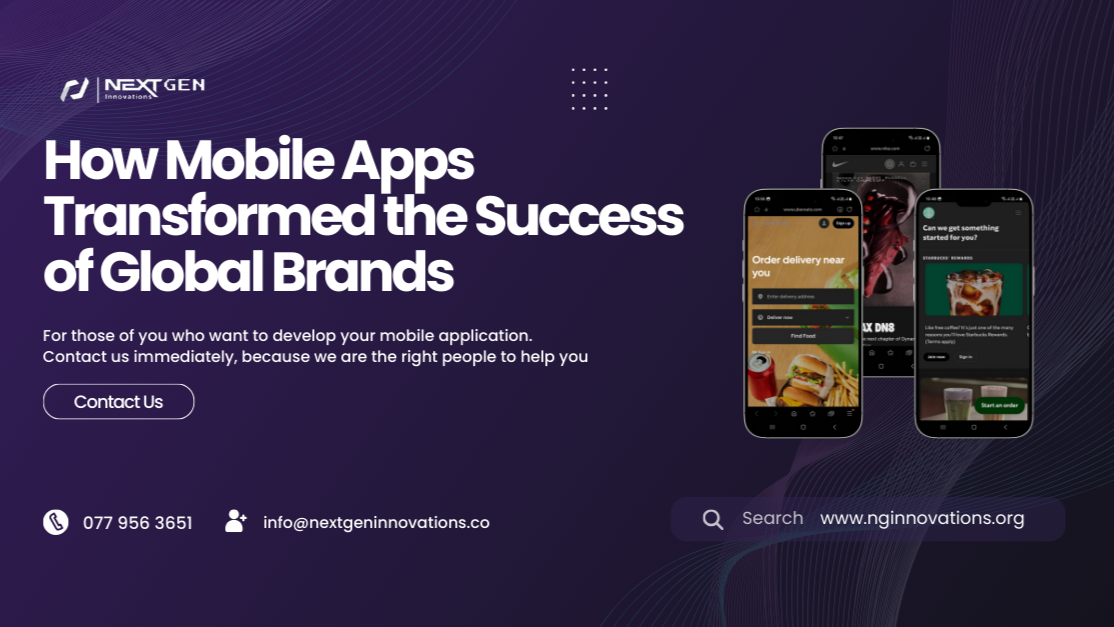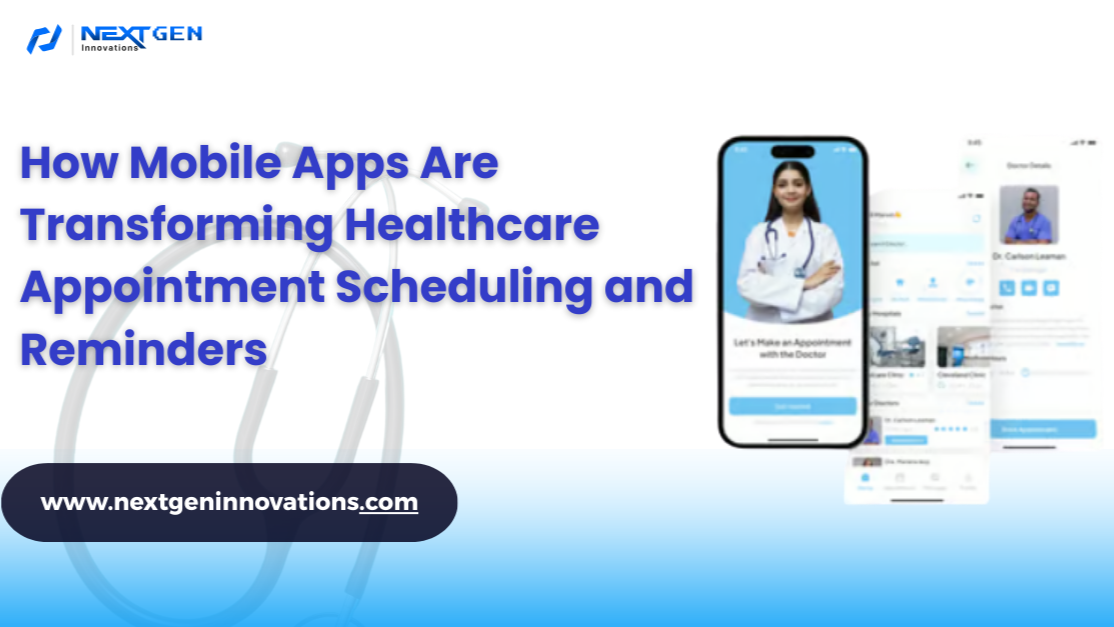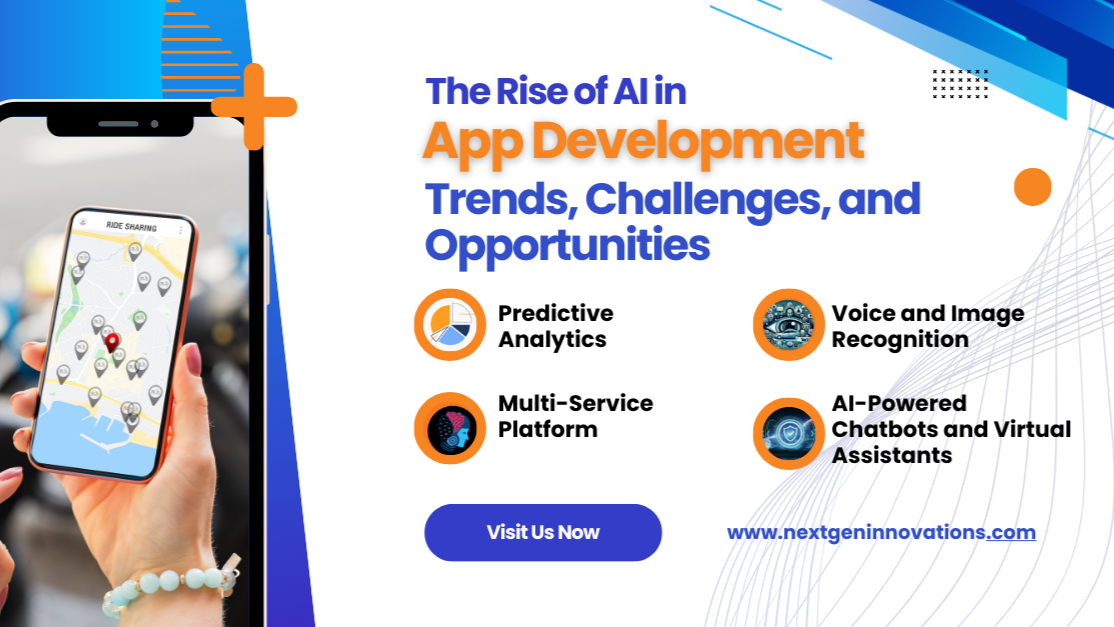Digital Innovation & Mobile Trends
How Mobile Apps Transformed the Success of Global Brands
2 min Read

In today’s digital world, mobile apps are no longer a luxury but a necessity for brands looking to stay ahead of the competition. From enhancing customer engagement to increasing revenue, mobile apps have played a pivotal role in shaping the success of some of the most well-known brands. Let’s explore how industry giants like Nike, Starbucks, and Uber have leveraged mobile apps to revolutionize their businesses.
Nike: Enhancing Customer Experience Through Innovation
Nike, a global leader in sportswear, has continuously adapted to digital trends, and its mobile app is a prime example. The Nike App provides customers with a seamless shopping experience, personalized recommendations, and early access to exclusive products. But Nike didn’t stop there—the Nike Training Club and Nike Run Club apps offer fitness programs, guided workouts, and real-time tracking, making it more than just a retail brand; it’s a lifestyle companion.
Impact:
- Increased direct-to-consumer (DTC) sales, reducing reliance on third-party retailers.
- Strengthened customer loyalty through personalized experiences.
- Encouraged community engagement by integrating fitness tracking and training resources.
Starbucks: Mastering Customer Loyalty & Convenience
Starbucks’ mobile app is often cited as one of the most successful brand apps in the world. Launched in 2009, the app revolutionized the coffee industry by introducing mobile ordering, in-app payments, and a rewards system. With features like order-ahead, location tracking, and personalized offers, the Starbucks app has turned coffee purchases into a seamless digital experience.
Impact:
- Over 30 million active users on the Starbucks Rewards program.
- A significant increase in customer retention and brand loyalty.
- Over 40% of all Starbucks transactions in the U.S. now occur through the mobile app.
Uber: Transforming Transportation Through Mobile Convenience
Uber changed the face of urban mobility with its innovative mobile app. Before Uber, hailing a cab could be a hassle, but the app introduced a seamless way to book rides, track drivers in real-time, and make cashless payments. Over time, Uber expanded its services to include food delivery (Uber Eats) and even freight transport.
Impact:
- Made transportation more accessible and affordable worldwide.
- Enhanced customer experience with features like real-time GPS tracking and estimated fares.
- Expanded business into new areas like food delivery (Uber Eats) and micro-mobility services.
Why Your Business Needs a Mobile App
These successful brands prove that mobile apps are no longer optional but a necessity in today’s digital world. Here’s why your business should consider developing an app:
- Enhanced Customer Experience – An app makes it easy for customers to interact with your brand anytime, anywhere.
- Boosts Sales & Revenue – With features like online ordering and push notifications, businesses can drive more purchases.
- Improves Customer Loyalty – Reward programs and personalized offers encourage repeat business and brand loyalty.
- Competitive Advantage – A well-designed mobile app helps businesses stay ahead in the competitive market.
- Data-Driven Insights – Apps collect valuable customer data, allowing businesses to refine their products and marketing strategies.
Conclusion
As technology continues to evolve, having a mobile app is no longer a luxury but a key driver of business success. Brands like Nike, Starbucks, and Uber have leveraged mobile apps to enhance customer experience, build loyalty, and increase sales. If your business is looking to grow, now is the time to invest in a mobile app that keeps your brand relevant and accessible.
Are you ready to take your business to the next level with a mobile app? The future is digital—embrace it today!
More Insights

Mobile App Development
Agile Methodology for Mobile App Development
Agile’s flexibility and speed make it ideal for mobile apps—enabling faster releases, real-time feedback, and continuous improvement.

HealthTech & Mobile Solutions
How Mobile Apps Improve Healthcare Scheduling
Mobile apps are transforming healthcare by simplifying appointment bookings and reducing no-shows.

AI & Mobile Development
The Rise of AI in App Development
Discover how AI is transforming mobile app development with chatbots, personalization, predictive analytics, and enhanced security.
